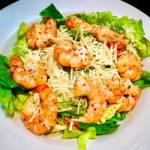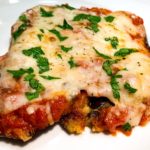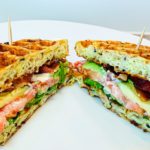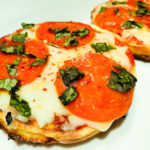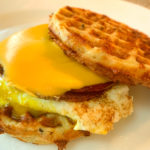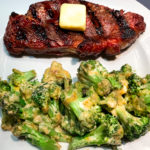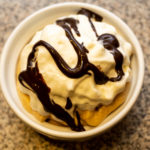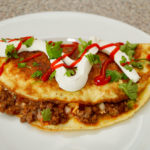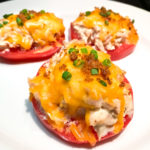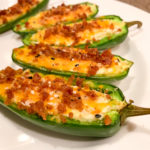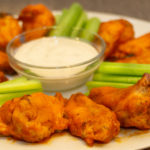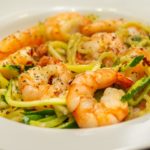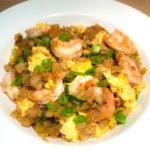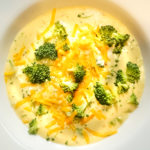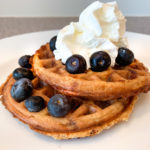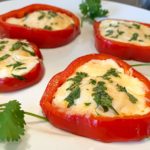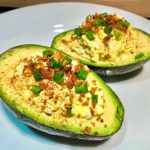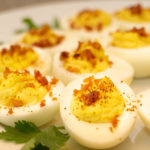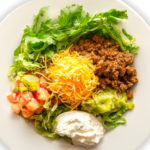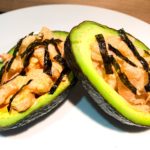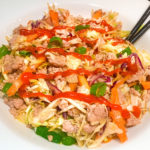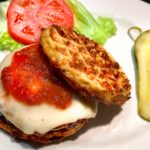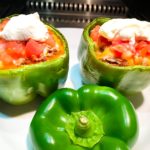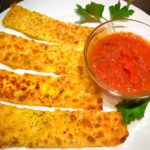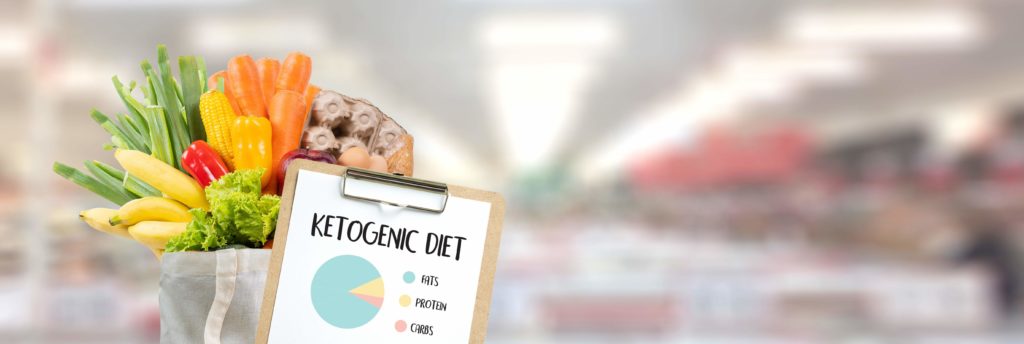
The biggest challenge for many just starting their Keto journey (aside from making the commitment itself!) is often simply figuring out which foods are acceptable to eat. You probably know you should be limiting your carb intake (to no more than 20-25 Grams of Net Carbs a day), but it’s not always obvious which foods are high carb vs. low carb. Don’t worry, you are not alone!
Below is a my Keto Grocery List to help make your Keto meal decisions easier. It’s a simple reference guide summarizing which foods & drinks you’re free to consume, which are OK to consume but in moderation, along with which items must be avoided entirely!
I’d highly recommend bookmarking this Keto Grocery List for future reference.
Return to my Keto Beginner’s Guide here.
yes
The following meats and fish/seafood are approved for Keto.
(Note: Choose fuller-fat meats over leaner meats, wherever possible. Grass-fed and organic are preferred if your budget allows, but this is not a requirement.)
- Albacore
- Bacon
- Beef
- Chicken
- Cod
- Crab (Real, not imitation which has carbs)
- Crawfish
- Eggs
- Ground Beef
- Ham
- Lamb
- Lobster
- Octopus
- Organ meats
- Pepperoni
- Pork
- Poultry
- Prosciutto
- Ribs
- Salmon
- Salami
- Sardines
- Sausage (Check to ensure no fillers, i.e. gluten/sugar)
- Scallops
- Seafood
- Shrimp
- Squid
- Steak
- Tilapia
- Tuna
- Turkey
Generally, if a vegetable grows above the ground, then it’s OK to eat on Keto! This includes the following:
- Arugula
- Artichoke hearts
- Asparagus
- Avocado
- Broccoli
- Brussels sprouts
- Cabbage
- Cauliflower
- Cucumber
- Green Beans
- Kale
- Lettuce
- Mushrooms
- Olives
- Okra
- Onions
- Pumpkin
- Radishes
- Romaine
- Seaweed
- Snow Peas
- Spinach
- Squash
- Peppers
- Tomatoes
- Zucchini
Certain dairy products are OK on Keto but it’s important to check the carb and sugar content. Always choose Full-Fat dairy over Reduced-Fat or Low-Fat dairy products. Some dairy products such as Milk and Yogurts are loaded with sugar and must be avoided.
Keto-approved dairy products include:
- Butter*
- Cheese – Hard, Soft*
- Cream Cheese*
- Ghee*
- Eggs*
- Heavy Whipping Cream*
- Sour Cream*
* If you find that you’ve hit a plateau with your weight loss on Keto, limiting your dairy consumption may be helpful.
The following drinks may be consumed on Keto:
- Coffee (with Butter or Cream)
- Sparkling Water
- Teas
- Water
The following condiments are generally safe for Keto:
- Coconut Aminos
- Mayonnaise
- Mustard
- Soy sauce
- Hot sauce
- Salad dressings (Full-fat Ranch, Caesar, Blue Cheese, Italian) *
- Lemon/lime juice
- Tamari
- Vinegar
- Salsa *
As always, check the nutrition information of all your foods, where possible. Some products may have added sugars and should be avoided.
The following Low-Carb flours are safe to use on Keto:
- Almond Flour
- Coconut Flour
- Hazelnut Flour
- Other Nut Flours
- Shirataki Noodles (made from Konjac Flour)
Herbs and Spices are permitted on Keto (such as onion powder, garlic powder, paprica, salt, pepper, cumin, etc. may all be used on Keto)
The following sweetener alternatives may be used in moderation on Keto:
- Erythritol
- Stevia
- Xylitol
- MonkFruit
sometimes
Most fruits are too high in sugar to be Keto-friendly, but you may eat the following fruits in moderation:
- Cranberries *
- Blueberries *
- Blackberries *
- Raspberries *
- Strawberries *
* If you find you’ve hit a plateau with weight loss, you should cut back your fruit intake.
Be careful when consuming nuts or seeds. Eat them in moderation as they do contain carbs.
This rule also applies to nut butters. When selecting a nut butter (such as almond butter), always check the nutrition label and confirm there are No Added Sugars.
Keto options include:
- Almonds *
- Chia seeds*
- Coconut*
- Flax seeds *
- Hazelnuts *
- Macadamia nuts *
- Pecans *
- Peanuts*
- Pistachios *
- Pumpkin seeds *
- Sesame seeds *
- Sunflowers seeds *
- Walnuts *
* If you find you’ve hit a plateau with weight loss, you should reduce your consumption of nuts and seeds.
Please ensure if you’re going to drink alcohol you do so in moderation (1-2 drinks max) and stick to the Keto-friendly recommendations below.
- Brandy
- Champagne
- Dry Red Wine
- Dry White Wine
- Gin
- Rum
- Spiked Seltzer (White Claw, Truly)*
- Tequila
- Vodka
- Whiskey
*Check the Nutrition Labels as certain brands may be higher in sugar/carbs.
AVOID
Avoid:
- All whole grains
- Amaranth
- Barley
- Bulgar wheat
- Cereals
- Corn
- Couscous
- Millet
- Muesli
- Oats
- Quinoa
- Rye
- Rice
- Spelt
- Wheat
Avoid:
- Beans
- Beetroot
- Bread
- Crackers
- Chickpeas
- Lentils
- Parsnip
- Peas
- Pasta
- Popcorn
- Porridge
- Potatoes
- Rice
All fruits other than select berries must be avoided on the Keto diet due to their high sugar content. This includes (but is not limited to):
- Apples
- Bananas
- Blueberries
- Cantaloupe
- Clementine
- Grapefruit
- Kiwi
- Melon
- Nectarines
- Oranges
- Peaches
- Pineapple
- Plums
- Watermelon
Avoid:
- Agave
- Biscuits
- Cakes
- Candy
- Chocolate (except 80% cacao or higher in moderation)
- Cookies
- Corn Syrup
- Energy Drinks
- Gelato
- Fruit Juices
- Fructose
- High Fructose Corn Syrup
- Honey
- Ice Cream
- Ketchup
- Malt
- Pastries
- Puddings
- Sugar
- Soda
- Syrups (unless sugar-free)
Avoid:
- Beers (except Low-Carb varieties in moderation)
- Ciders
- Sweet Wines
- Sugary Liquors
- Sugary Cocktails

